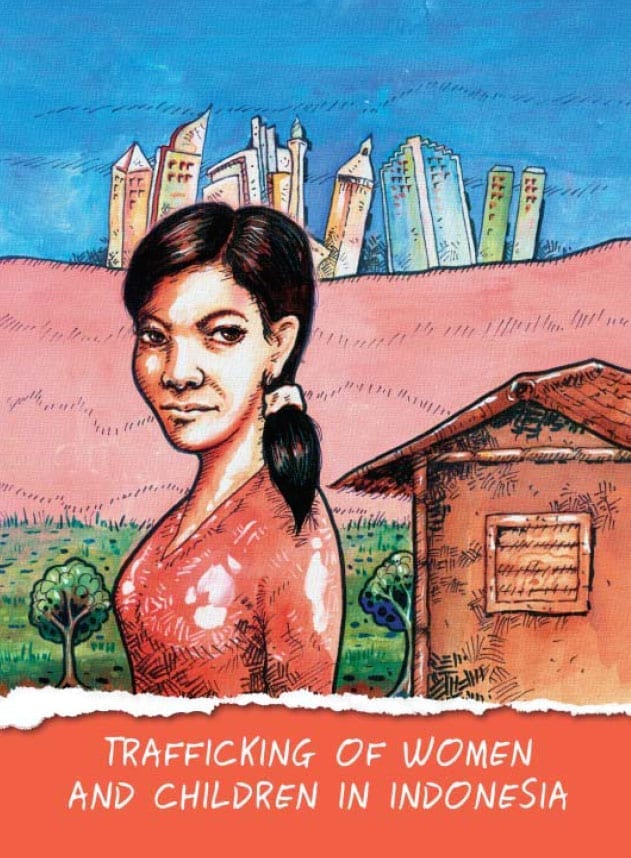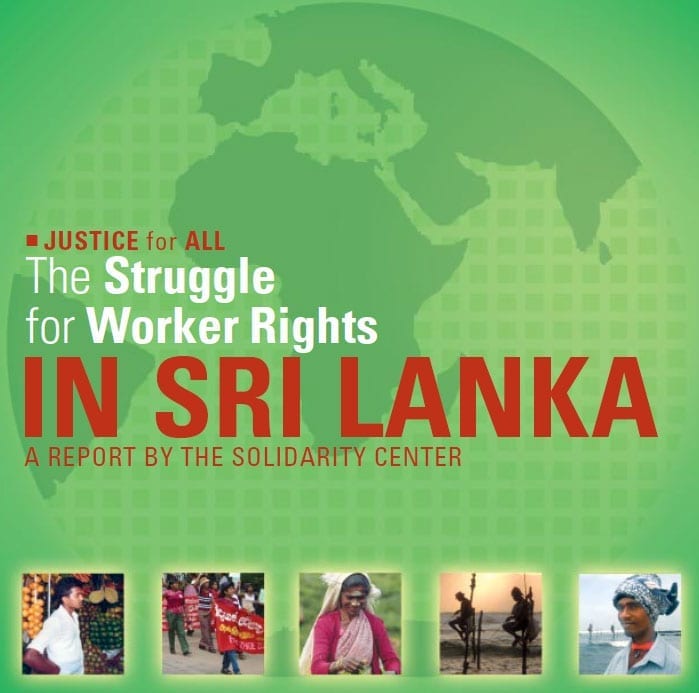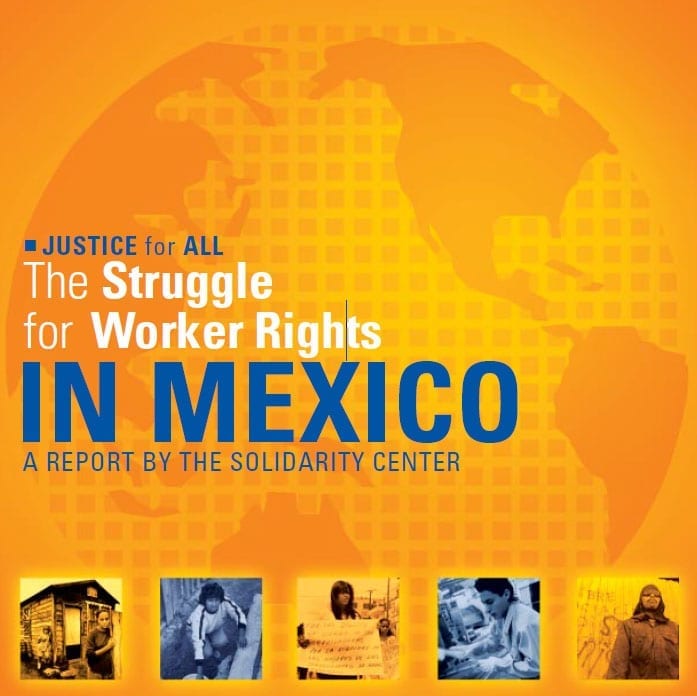
Feb 26, 2003
“Trafficking of Women and Children in Indonesia” examines the many forms of human labor trafficking, their causes and the demographics fueling the rise of women and children in forced and exploitative labor.
Download here.

Feb 25, 2003
In this second report of Solidarity Center’s Justice for All series, worker rights researcher Lance Compa assesses how two decades of civil war affected democracy, economy and social justice in Sri Lanka. Compa compares Sri Lanka’s labor law and practice with international worker rights standards in International Labor Organization conventions and the ILO’s 1998 Declaration on Fundamental Principles and Rights at Work.

Feb 24, 2003
The first report in the Solidarity Center’s “Justice for All” series, takes a hard look at Mexico’s century-long fight for independent, democratic trade unions and social justice. Author Lance Compa puts Mexico’s labor law and practice to the test against international worker rights standards reflected in International Labor Organization
conventions and the ILO’s 1998 Declaration on Fundamental Principles and Rights at Work.
Download here.



